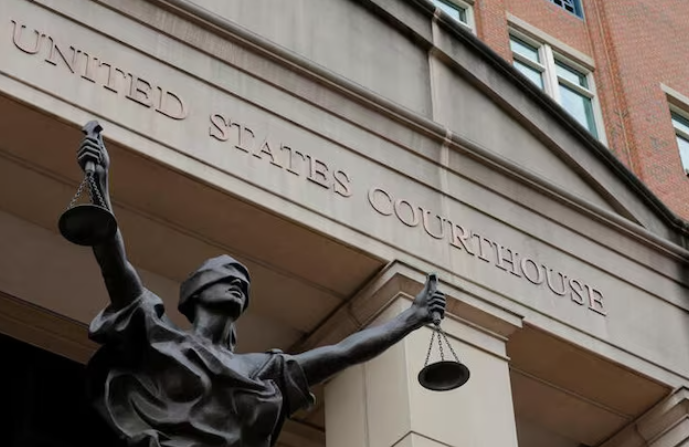The District of Columbia filed a lawsuit on Friday, holding the federal government accountable for 150 years of pollution in the Anacostia River. The lawsuit accuses the government of systematically using the river as a dumping ground for sewage, trash, and industrial waste.
Allegations of Environmental Neglect
District of Columbia Attorney General Brian Schwalb led the lawsuit, filed in federal court in Washington, D.C., arguing that the federal government has transformed the nine-mile river into a “cost-free toxic dumping ground.” This negligence, according to Schwalb, has destroyed what should be a pristine natural resource, disproportionately impacting communities of color living east of the river.
“The United States is not immune from complying with environmental laws,” Schwalb declared, emphasizing the need to hold the government financially accountable for the environmental damage.
Legal Grounds and Specific Accusations
The lawsuit invokes the Comprehensive Environmental Response, Compensation, and Liability Act of 1980 (CERCLA), commonly known as the U.S. Superfund law, as well as the District’s Brownfield Revitalization Act. The complaint positions the District as a trustee over the natural resources of the Anacostia River, seeking recoupment of cleanup costs for the contaminated site.
Schwalb highlighted several federal activities contributing to the pollution:
- Washington Navy Yard Operations: The lawsuit points to the U.S. Navy’s historical shipbuilding and gun manufacturing, which allegedly introduced carcinogenic PCBs, heavy metals, and other toxic chemicals into the river.
- Kenilworth Park Waste Dump: The federal government’s operation of this dump allegedly led to hazardous chemicals and metals being released into the river via runoff.
- Army Corps of Engineers Dredging: The lawsuit accuses the Corps of spreading toxic pollution through repeated dredging of the river.
- Sewer System Mismanagement: Mismanagement of the District’s sewer system by the federal government has reportedly resulted in raw sewage and toxic waste contaminating the river.
Financial and Environmental Impact
The lawsuit seeks unspecified damages but outlines some of the costs already incurred by the District, including $1.8 billion spent on sewer modernization efforts. Schwalb emphasized that the government must be held responsible for the long-term harm inflicted on the river and the residents who depend on it.
The U.S. Department of Justice, which represents the federal government in such cases, has not yet commented on the lawsuit.
This case, District of Columbia v. United States (No. 1:25-cv-00065), marks a significant step in holding the federal government accountable for its environmental impact on one of the capital’s major waterways.

